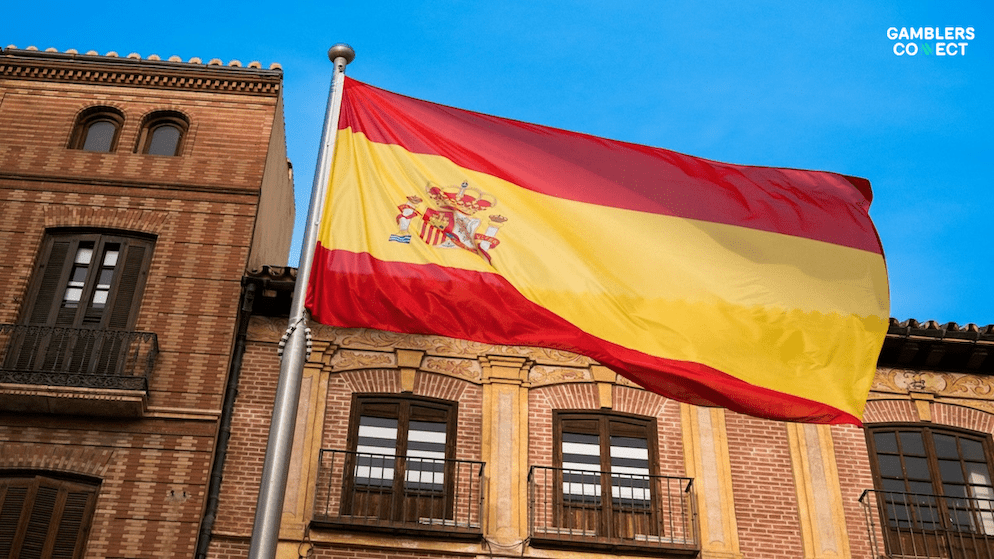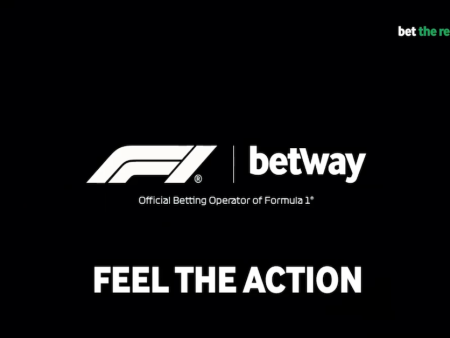
Spain’s Ministry of Consumer Affairs has initiated a new public awareness campaign designed to educate families and young people about the potential risks associated with loot boxes in video games.
The campaign, titled “Not Everything is a Game,” draws direct attention to the potential for these mechanics to foster gambling-like behaviors among minors.
The core objective of the initiative is to inform the public about the nature of loot boxes, which are defined as randomized virtual items that can be purchased with real money.
The Ministry has emphasized that these mechanisms share key characteristics with traditional gambling activities, including the investment of money for an uncertain outcome, which can lead to compulsive consumption and other behavioral issues.
This campaign specifically targets parents and guardians, providing them with informational materials to help them understand how these features work. It also aims to help them recognize the warning signs of problematic use in children and adolescents, who are considered particularly vulnerable.
The materials offer recommendations for establishing healthier gaming habits and managing in-game spending.
Ministry of Consumer Affairs Minister Pablo Bustinduy stressed the government’s duty to protect minors from practices that may exploit psychological vulnerabilities and normalize spending based on chance.
As part of the initiative, the Ministry is also urging video game publishers to provide greater transparency regarding the odds of winning specific items from loot boxes and to implement clearer age ratings that properly reflect the presence of such gambling-like elements.
This move aligns Spain with a growing number of European nations expressing concern and taking regulatory action on the issue.





